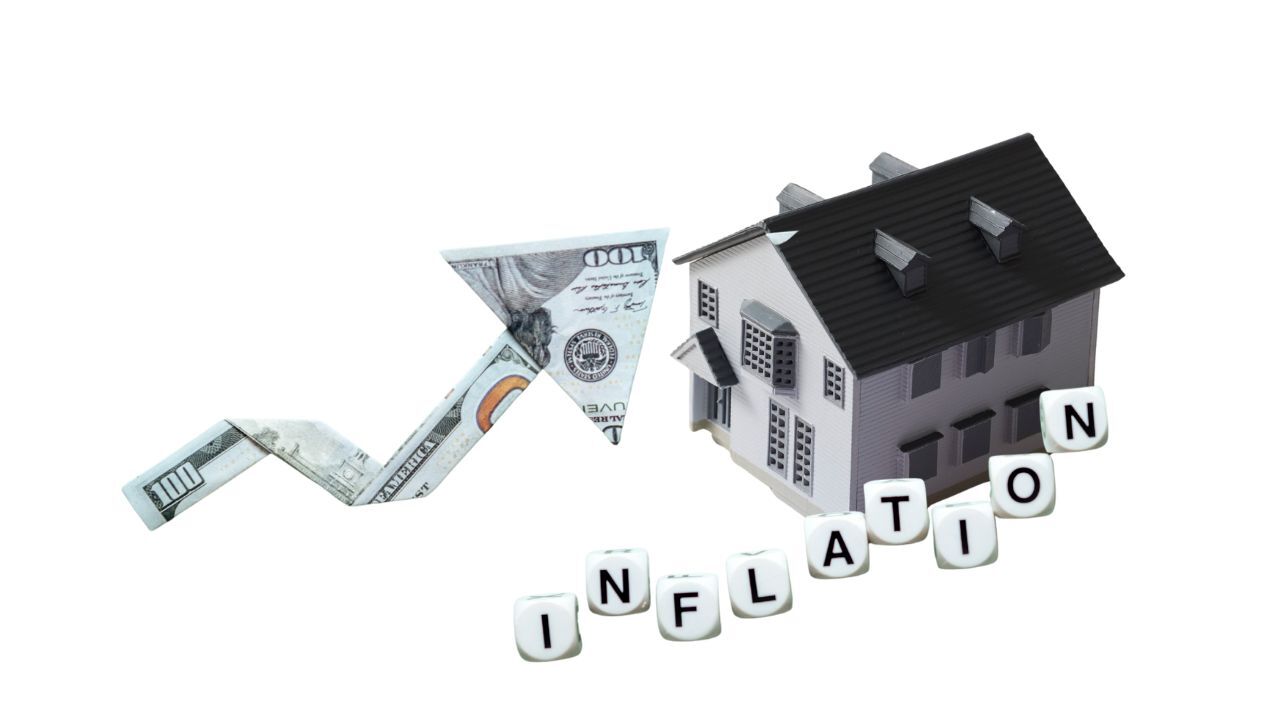 When natural disasters strike, homeowners can find themselves facing unexpected challenges. From hurricanes and floods to wildfires and tornadoes, these events can cause major property damage, income loss, and emotional stress. If you have a mortgage, knowing your options for forbearance and insurance relief can make a significant difference in how you recover financially and protect your home.
When natural disasters strike, homeowners can find themselves facing unexpected challenges. From hurricanes and floods to wildfires and tornadoes, these events can cause major property damage, income loss, and emotional stress. If you have a mortgage, knowing your options for forbearance and insurance relief can make a significant difference in how you recover financially and protect your home.
Understanding Mortgage Forbearance
Mortgage forbearance is a temporary pause or reduction in your mortgage payments during times of hardship. After a natural disaster, many lenders and government agencies offer special forbearance programs to affected homeowners. This allows borrowers time to rebuild, repair, or get back on their feet without the immediate pressure of making full monthly payments. While payments are paused, interest may still accrue, so it is important to stay in communication with your lender to understand repayment terms once the forbearance period ends.
Government and Lender Assistance
Homeowners with federally backed loans, such as FHA, VA, or USDA mortgages, may be eligible for specific disaster forbearance programs. These programs are designed to provide short-term relief and are typically available after the President declares a disaster area. Even if your mortgage is not government-backed, many private lenders offer their own hardship programs. Reaching out to your servicer as soon as possible after a disaster can help you take advantage of available support and prevent potential credit issues.
The Role of Homeowners Insurance
Homeowners insurance is the first line of defense when your property is damaged. A standard policy typically covers fire, wind, and certain storm damage, but not flooding. For flood protection, you need a separate flood insurance policy, often through the National Flood Insurance Program or a private insurer. It is important to review your coverage annually and understand your policy limits, deductibles, and exclusions before a disaster occurs. Comprehensive coverage ensures that you have funds to rebuild or repair your home without unnecessary financial strain.
Documenting and Filing a Claim
If your home suffers damage, begin the claims process as soon as it is safe to do so. Take clear photos and videos of all affected areas, keep receipts for temporary repairs, and maintain detailed communication with your insurance company. Prompt documentation can help expedite the claims process and ensure that you receive fair compensation for your losses.
Being prepared for a natural disaster means more than just having an emergency kit. It also means understanding your mortgage and insurance options before a crisis occurs. Knowing how to access forbearance, use insurance effectively, and work with your lender can help you recover faster and protect your financial stability when nature takes an unexpected turn.
 Inflation affects nearly every part of the economy, from grocery prices to the cost of borrowing. For homeowners and buyers, understanding how inflation impacts mortgage rates and payments can be a powerful advantage. While rising prices can feel discouraging, there are strategic ways borrowers can benefit during inflationary periods.
Inflation affects nearly every part of the economy, from grocery prices to the cost of borrowing. For homeowners and buyers, understanding how inflation impacts mortgage rates and payments can be a powerful advantage. While rising prices can feel discouraging, there are strategic ways borrowers can benefit during inflationary periods.